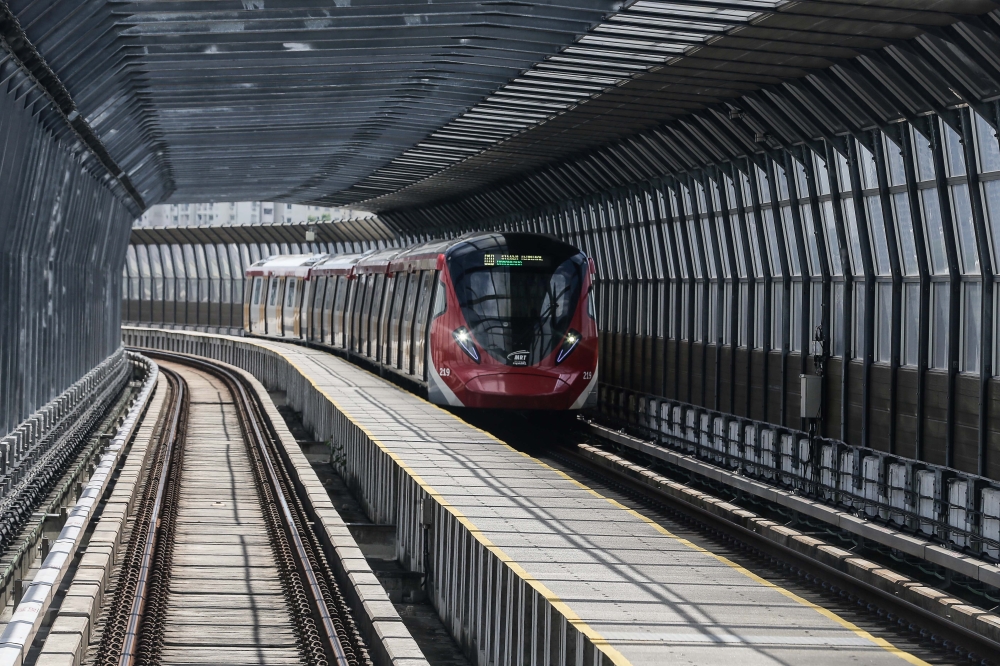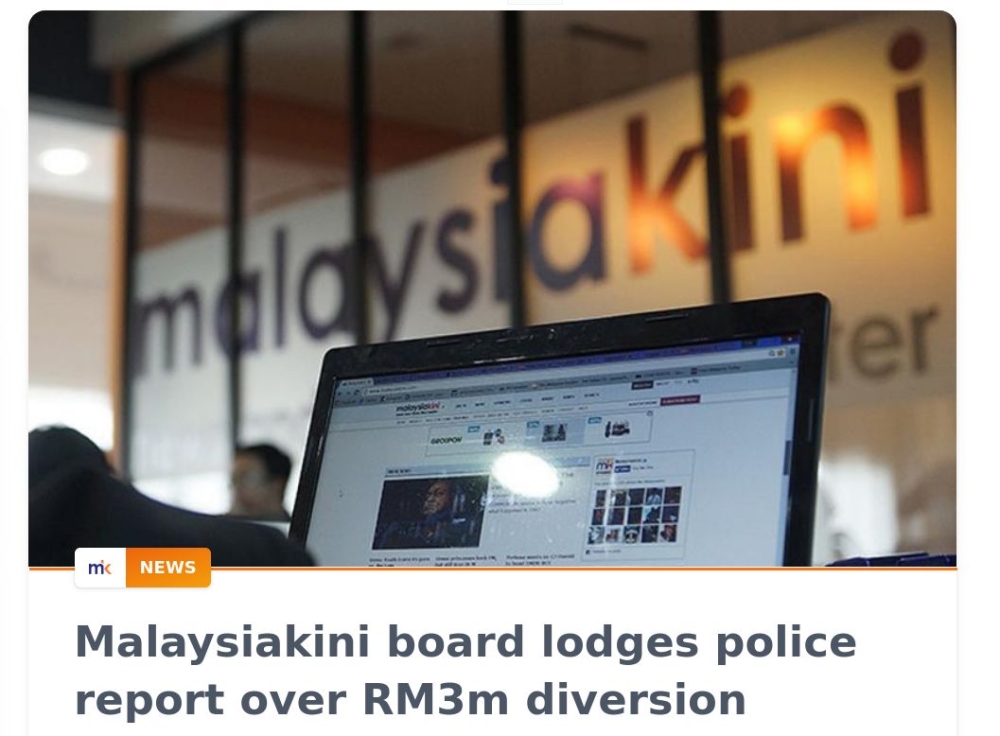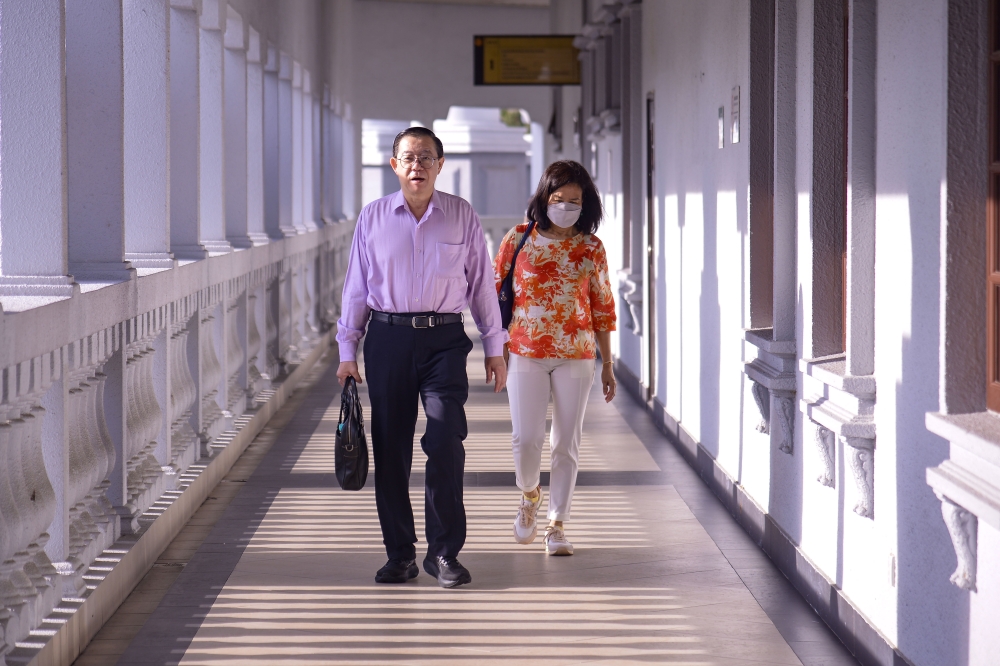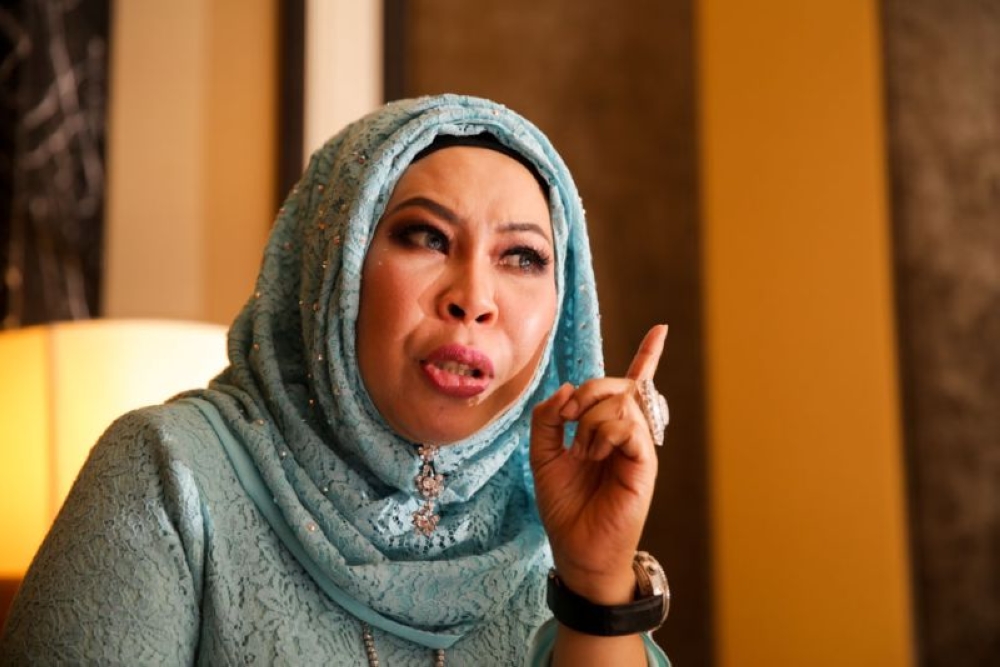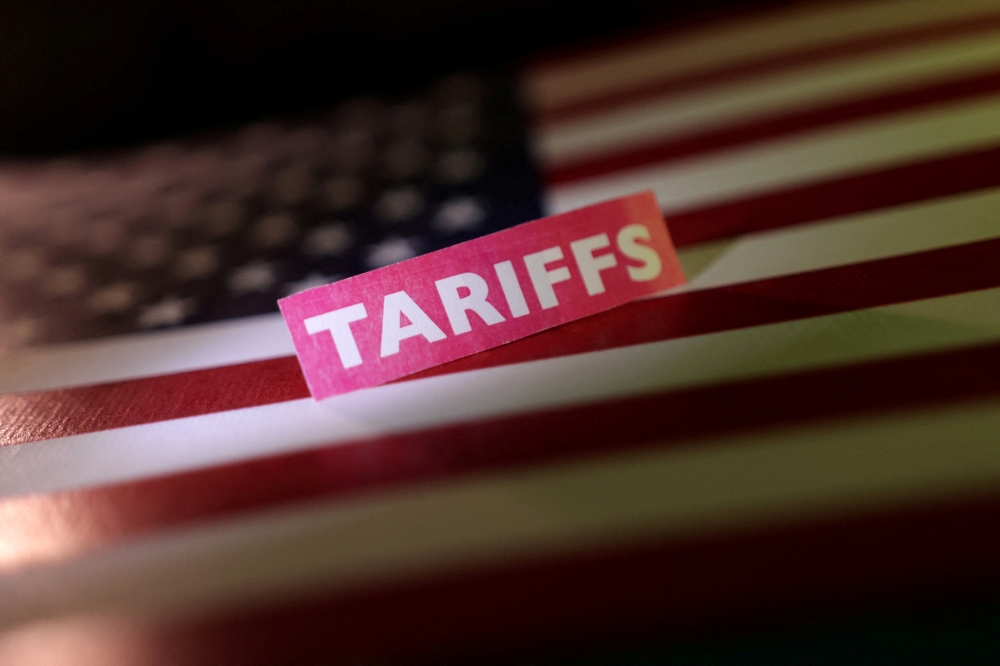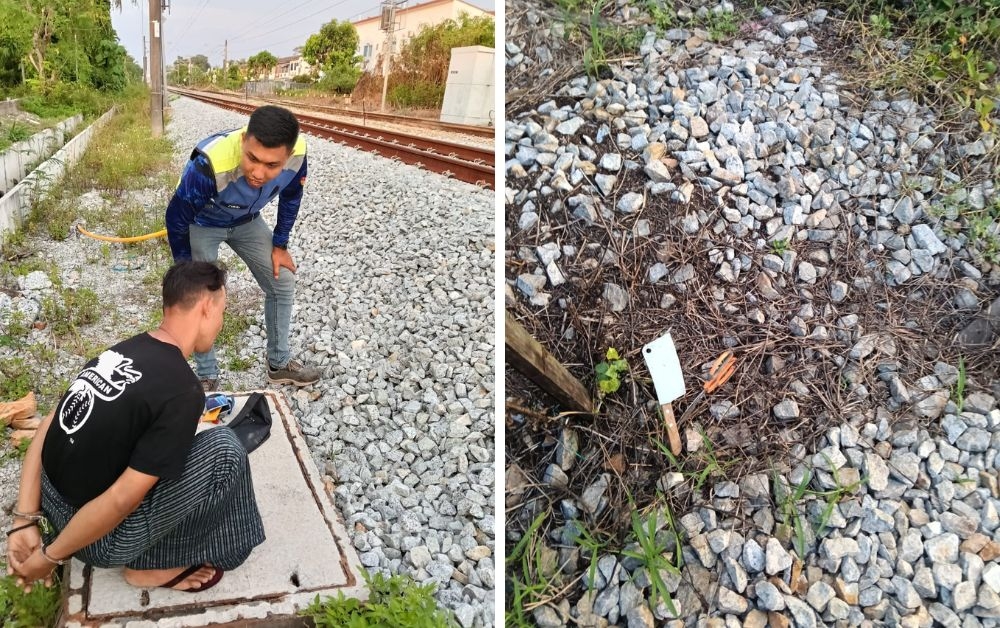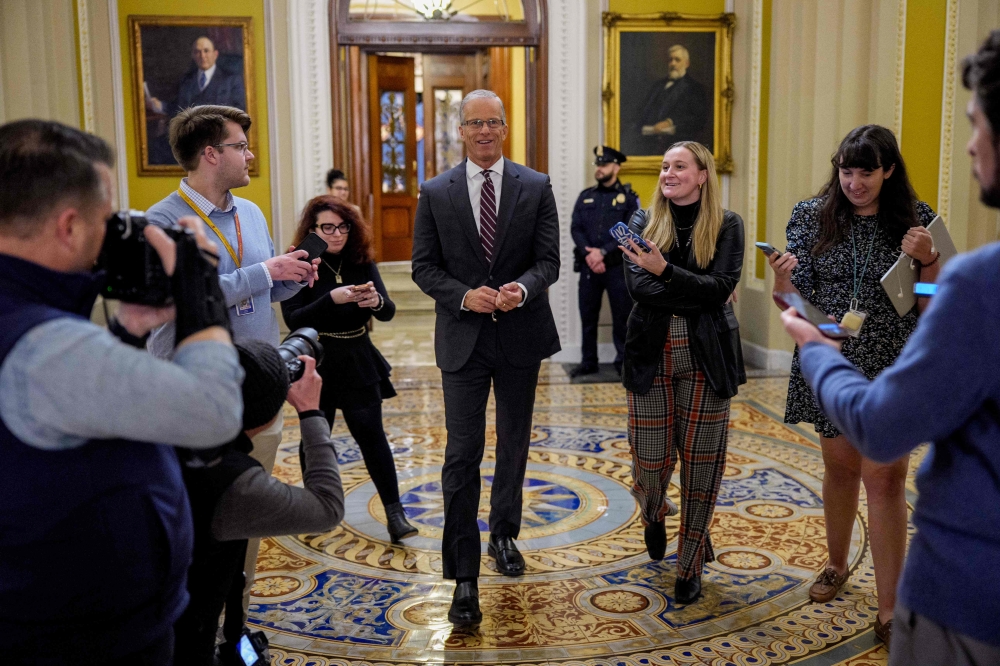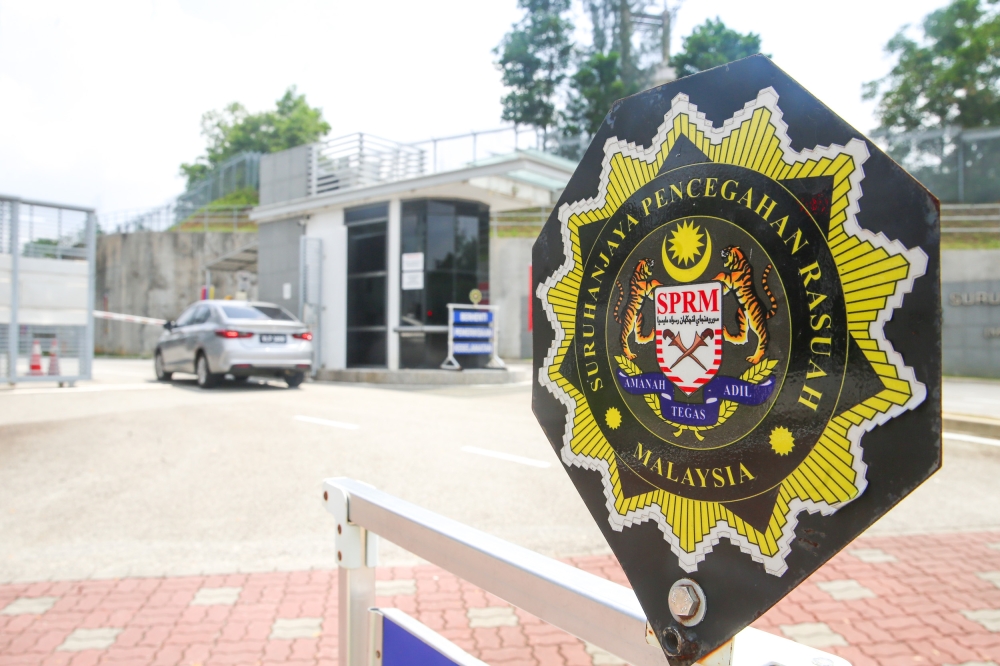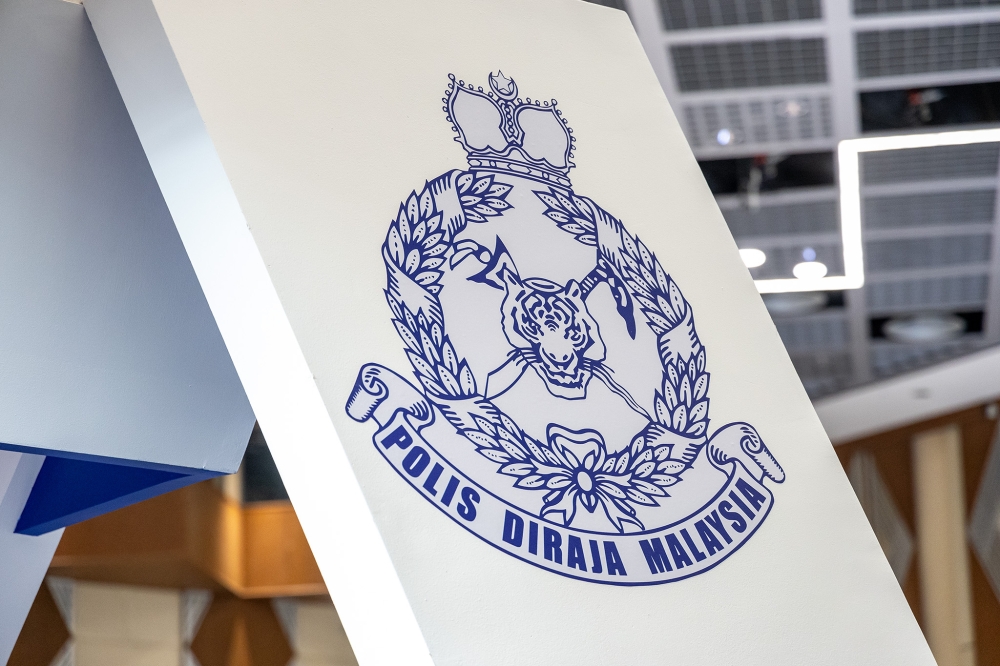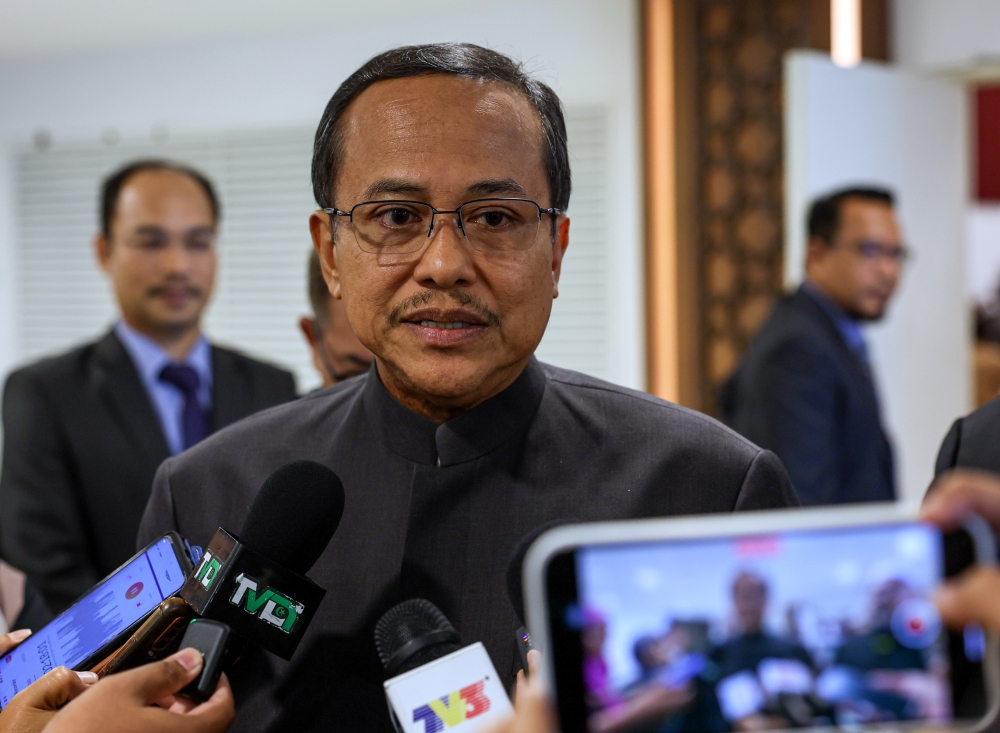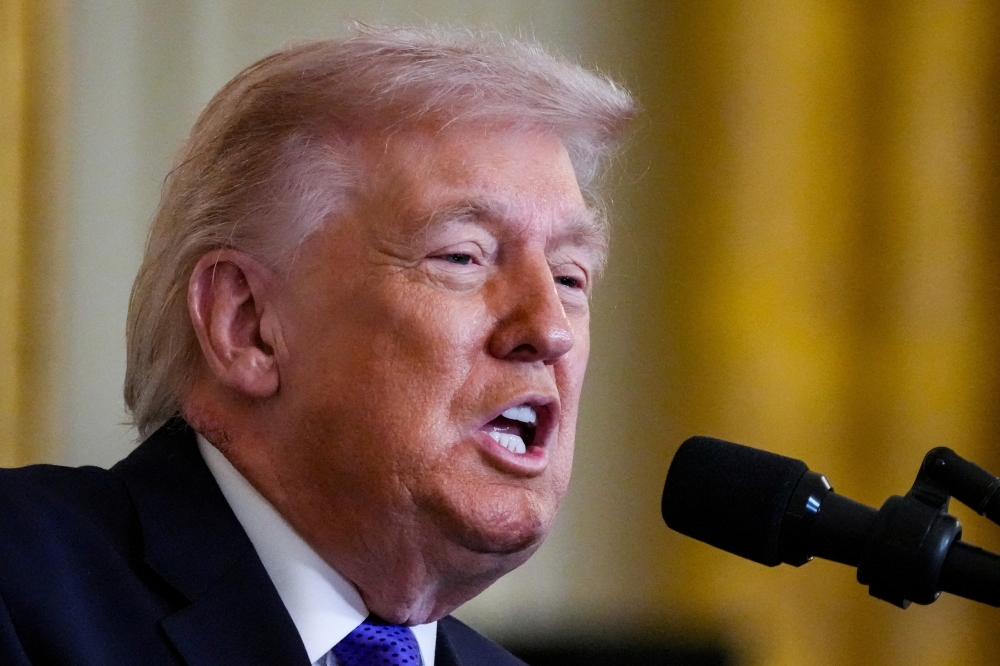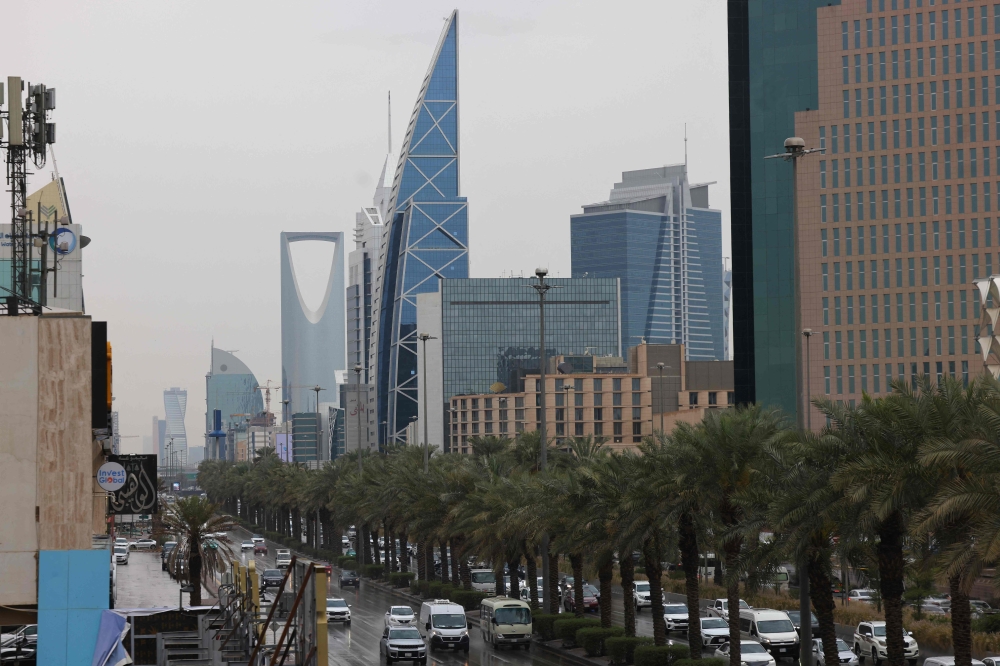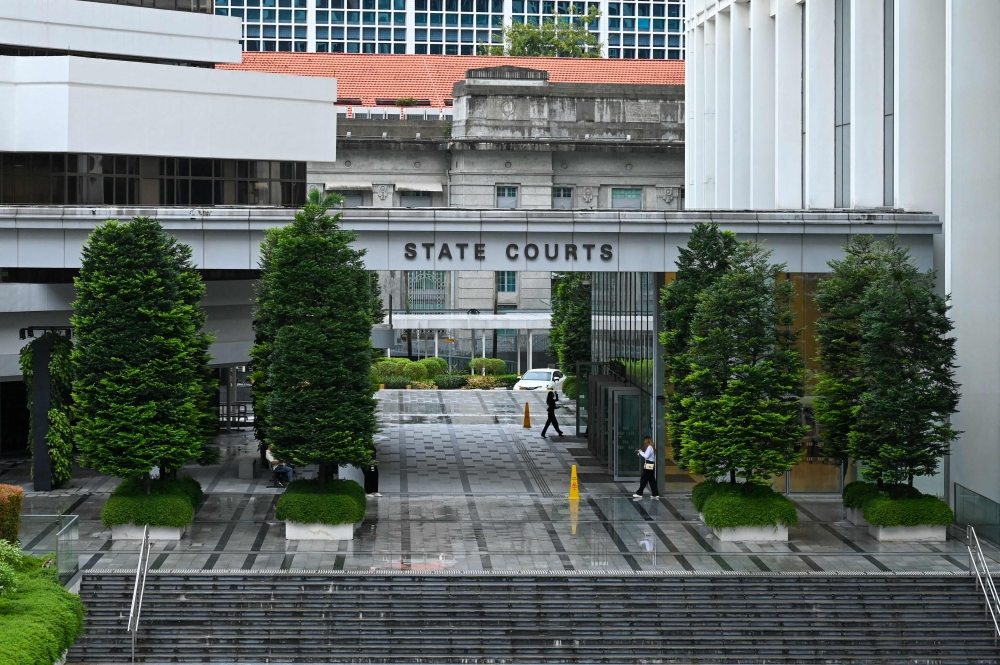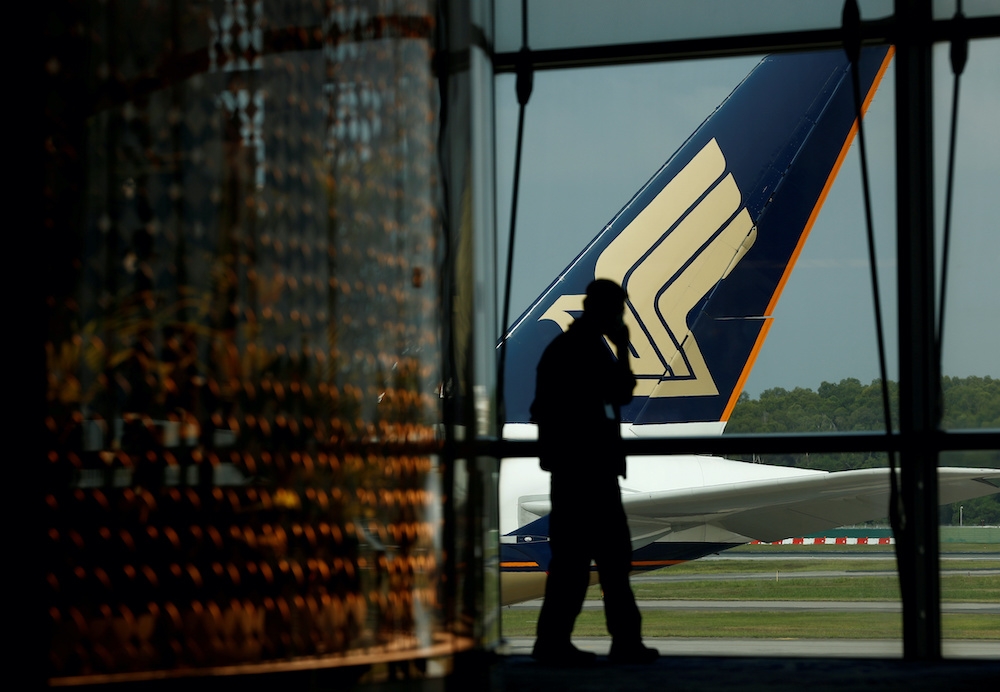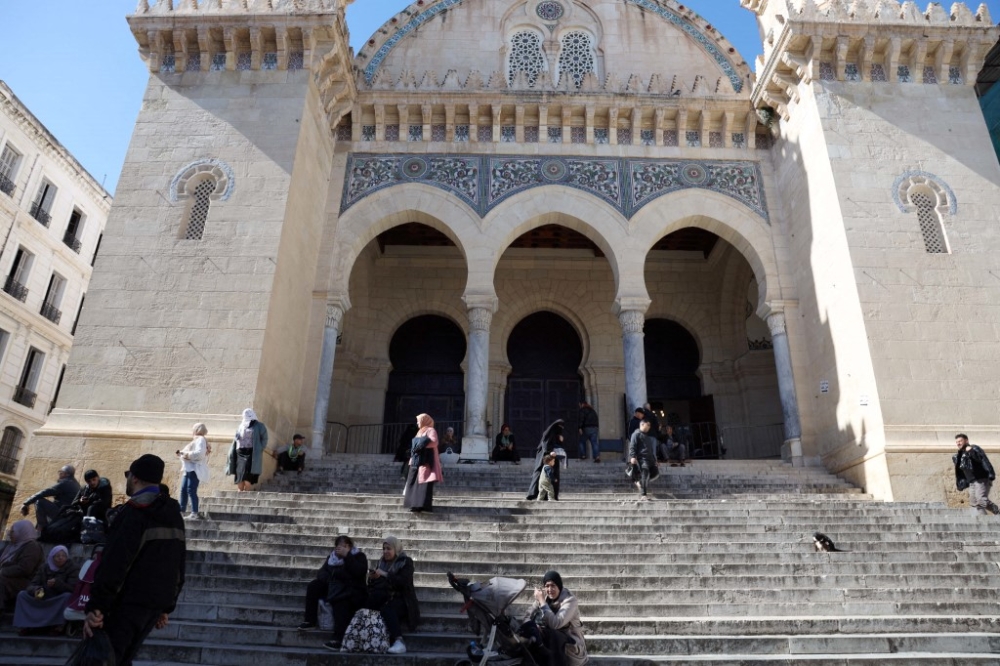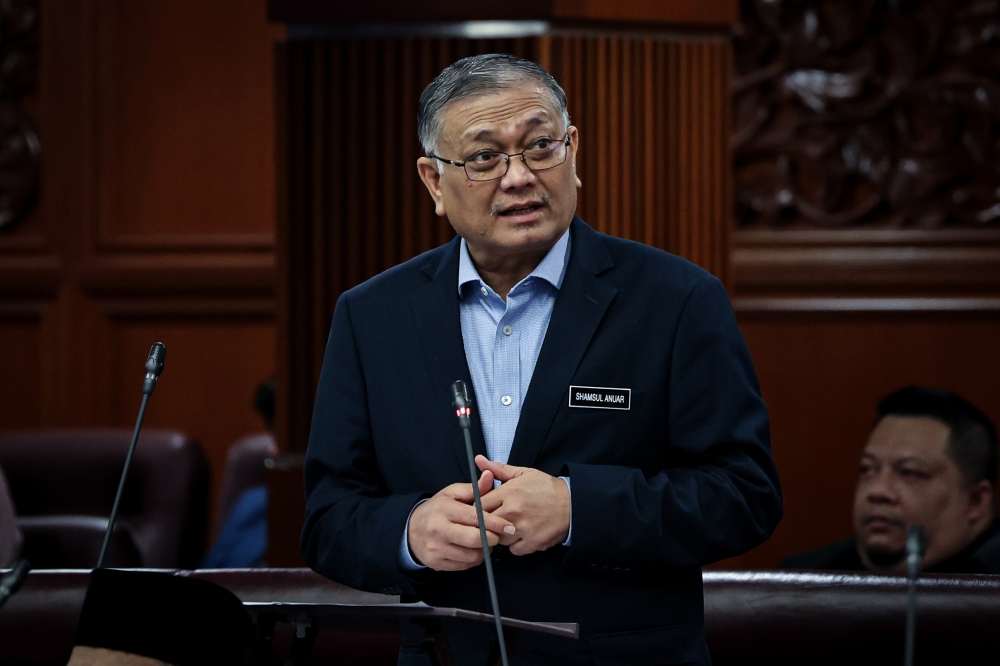SINGAPORE, July 20 — Singapore will take steps to put in place more regulations to better protect retail investors from the risk of cryptocurrency investments, the head of the central bank here said, as he repeated a warning that the asset is highly risky.
Ravi Menon, managing director of the Monetary Authority of Singapore (MAS), acknowledged that the focus of crypto regulation here so far, as well as in most major jurisdictions, has been on containing money laundering and terrorist financing risks, and they do not cover areas such as consumer protection, market conduct, and reserve backing for stablecoins.
Stablecoins are cryptocurrencies that have their value pegged to a “stable” reserve such as another currency or commodities like gold.
“Reviews and public consultations are underway, among international standard-setting bodies and regulators, to strengthen regulation in these areas,” he said, adding that MAS is looking to consult on proposed measures in September or October this year.
Menon made these remarks during a media conference yesterday (July 19) for the release of the MAS annual report for the fiscal year.
He pointed out that cryptocurrency firms that have come under strain while they are headquartered in Singapore are not regulated.
TerraForm Labs and Luna Foundation Guard, for example, are not licensed or regulated by MAS. They have also not applied for or sought exemptions from holding any licence.
Popular cryptocurrency Luna went into meltdown in May 2022, falling to almost zero from an all-time high of US$119.18 (RM530.36) just a month before that.
The token and TerraUSD — a cryptocoin pegged 1:1 to the US dollar — run on the Terra network, a blockchain-based project run by Singapore-based startup TerraForm Labs.
Singapore-based crypto hedge fund Tree Arrows Capital was also highlighted by Menon. It had operated under the registered fund management regime to carry out limited fund management businesses but it had stopped managing funds in Singapore before its insolvency.
Liquidators have just been given the approval to claim Tree Arrows Capital's American assets last Wednesday after the company filed for bankruptcy in late June. The whereabouts of Tree Arrows Capital's two founders Kyle Davies and Zhu Su are still unknown.
Crypto lending and trading platform Vauld also found itself in deep water, having to suspend withdrawals and trading and seek new investors.
The company has submitted a licence application, which is pending review, but is not licensed by MAS. Vauld has not sought any exemption from holding a licence under the Payment Services Act either, Menon said.
He also noted that there is confusion on where MAS stands with respect to cryptocurrencies and crypto — a term that Menon used to refer to technology such as blockchain that supports such digital activities.
Therefore, in the months ahead, Singapore will set out its overall stance on this more clearly, specifying what the country welcomes and what it takes a stern view about in this area.
“MAS’ repeated warnings against retail investments in cryptocurrencies and ratcheting up of policies to restrain retail access have raised some questions as to where MAS stands with respect to the digital asset ecosystem,” Menon said.
“We are actively promoting the digital asset economy, where we can use these technologies to solve real problems like cross-border settlement, cross-border trade finance, more efficient capital, market activities, trading and so on. (They have) a whole range of applications.
“The cryptocurrency is just a small sliver of that ecosystem... when people talk about crypto, they're not talking about all these things that I've just talked about. They're talking about Bitcoin and Ethereum and all the other cryptocurrencies and for them, it's just an investment vehicle.”
However, because of their price volatility, cryptocurrencies are not good investment vehicles for retail investors, he said of MAS’ rationale to discourage such trading.
This includes restricting advertising and marketing the purchase of cryptocurrencies to the general public and attempts “to trivialise the risks involved”, he added.
As MAS looks to broaden the scope of regulation to cover more activities in the crypto space, Menon said that some players who participate in certain activities may find themselves caught by regulation in the future and require licensing to operate here.
However, he also clarified: “Just being based in Singapore doesn't mean that crypto players need to be regulated here if they’re not carrying out particular regulated activities... (though) there is also an exception from a money-laundering perspective.”
MAS will be organising a Green Shoots seminar next month to talk about its strategies to develop Singapore as a digital asset hub.
Aside from explaining its position on various digital assets such as cryptocurrencies, stablecoins and blockchains, it will also highlight its developmental and regulatory approaches. ― TODAY


